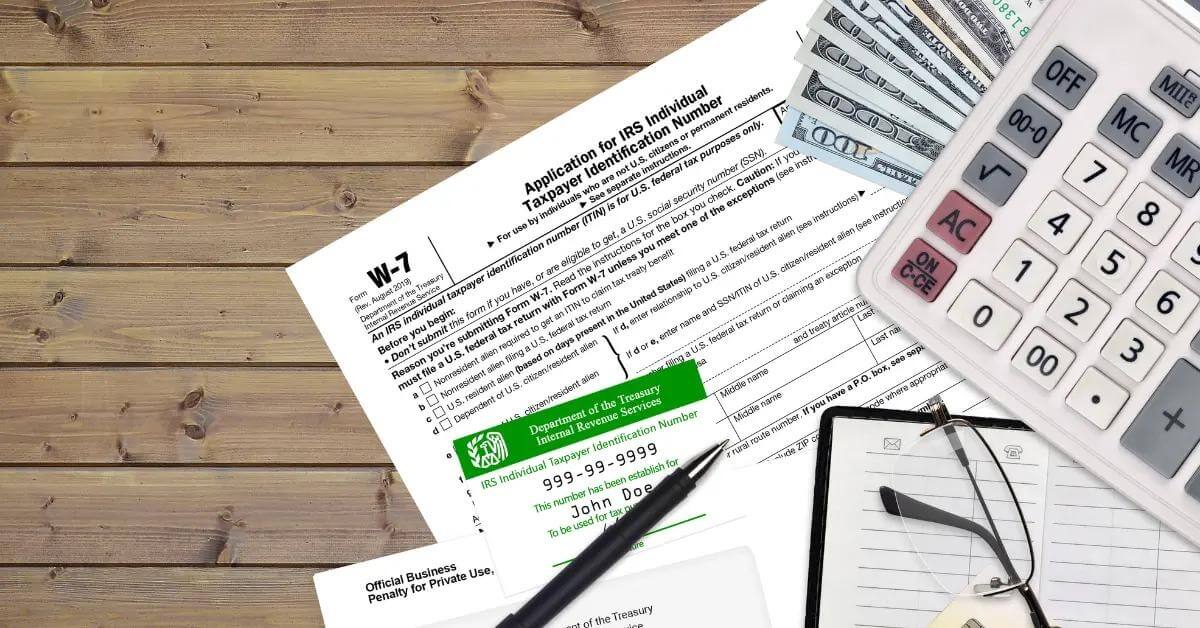Whether you are considering a real estate purchase or you are a first-time homebuyer, you need to have a strong understanding of property taxes. Some states have low property tax rates, but all states require property owners to pay real estate property taxes. You can expect your tax burden to be more than a drop in the bucket.
Below we offer more in-depth information about real estate property taxes, where exactly your money goes, how you can calculate your property tax, and factors that can cause them to fluctuate. At Silver Tax Group, we know that you want to do everything possible to lower your tax burden, so we have also provided information on common tax breaks and deductions, too.
What Are Real Estate Property Taxes?
Real estate property taxes are ad-valorem taxes, based on assessed valued, paid on property owned by an individual or other entity, such as a business. Owners typically pay real estate property taxes to their county tax assessor, often every six months. Yet, states, cities, townships, and school districts can also levy real estate property taxes. Those who have a mortgage on their property typically pay their estimated real estate property taxes as part of their monthly mortgage payment.
Where Does Your Real Estate Property Tax Money Go?
Real estate property tax revenue funds a wide array of activities and projects depending on the state, city, and county where you live. Real estate property taxes typically serve as a large source of income for many cities and counties. Administrative bodies, such as boards and councils, meet to set tax rates and hold budget hearings to determine the allocation of tax revenue. Assessed taxes sometimes fund water and sewer improvements, libraries, community pools and parks, and other services that benefit a particular area.
Property tax money also funds law enforcement in some areas as well as fire departments. In most states, public schools and school districts are the largest or one of the largest recipients of property tax money. Property taxes also help pay for highway and road construction, too.
Calculating Your Property Taxes
Tax assessors determine the value of your property, which includes the buildings and the land on which they sit. In most states, assessors place a value on real estate every few years and charge the owner the tax rate set by the specific taxing authority. The rate that assessors use to calculate your real estate property taxes is typically referred to as a millage tax or mill levy. One mill equals one-tenth of a penny. This means that for each $1,000 of assessed property value, one mill is equal to $1.00. Millage rates for each tax jurisdiction in a region are calculated individually.
When you sum up all the levies, you will have your total mill rate. This means each property owner can owe property taxes to their city, county, and school district. Your total real estate property tax burden is the product of the millage tax multiplied by the assessed value of the real estate.
How Do Tax Assessors Determine the Value of Your Property?
To assign the most accurate value to a property, assessors use any combination of one or more of three different methods to estimate the market value of real estate.
- Sales Evaluation. An assessor places a value on the property by looking at comparable properties that sold in the area and evaluating location, the state of the property, renovations, additions, and market conditions. After adjusting for these things, the assessor comes up with a value.
- Cost Method. This method of valuing real estate hinges on how much it would cost to replace the property if it was rebuilt today. Assessors who use the cost method figure depreciation to reach the final property value.
- Income Method. Assessors often use the income method when the property owner is an investor who rents out the property. They evaluate how much income an owner can make from the property if it were rented. The income method also includes considerations for property maintenance, property management, insurance, and taxes.
Factors That Impact Your Property Taxes
It’s not likely you will see your property taxes decrease unless you move or purchase investment properties in another area; however, several things can increase your property taxes, such as:

- Home improvements and renovations. Anytime you improve a property on the inside and or outside, you can be sure your taxes will increase because your property value increases. This can include landscaping, building a swimming pool, remodeling a kitchen, replacing wood, carpet, or tile floors, and any other major changes you make.
- Nearby home sales.If properties start selling like hotcakes in your neighborhood, and selling prices are above market value, the value of your home will increase. This means you will have to pay more in property taxes.
- New school construction. Communities and school districts often need more money to build a new school and new schools make communities more desirable for those moving in. At least one, but often both of these facts come into play and result in higher real estate property taxes.
- Your governing authority needs money.When states, counties, and cities increase their budgets, they typically need to raise property taxes to cover the increase.
Common Real Estate Property Tax Breaks and Deductions
Fortunately, the benefits of owning real estate typically outweigh the costs. As a homeowner or a property investor, several types of tax relief come with the territory. You have to check what is available where you live. Some examples include:
- Many states offer veterans exemptions, deductions, and credits for property taxes.
- Some states offer property tax exemptions to seniors, especially those with a low income.
- Some states offer farmers, who actively plant crops or raise animals, tax exemptions, or deductions.
- Those who invest in real estate have several tax benefits including the ability to deduct depreciation on properties and the ability to invest capital gains from the sale of one property into real estate in an opportunity zone to altogether avoid capital gains tax.
Contact Silver Tax Group today for guidance with real estate property tax issues including dealing with liens and structuring your investments.








